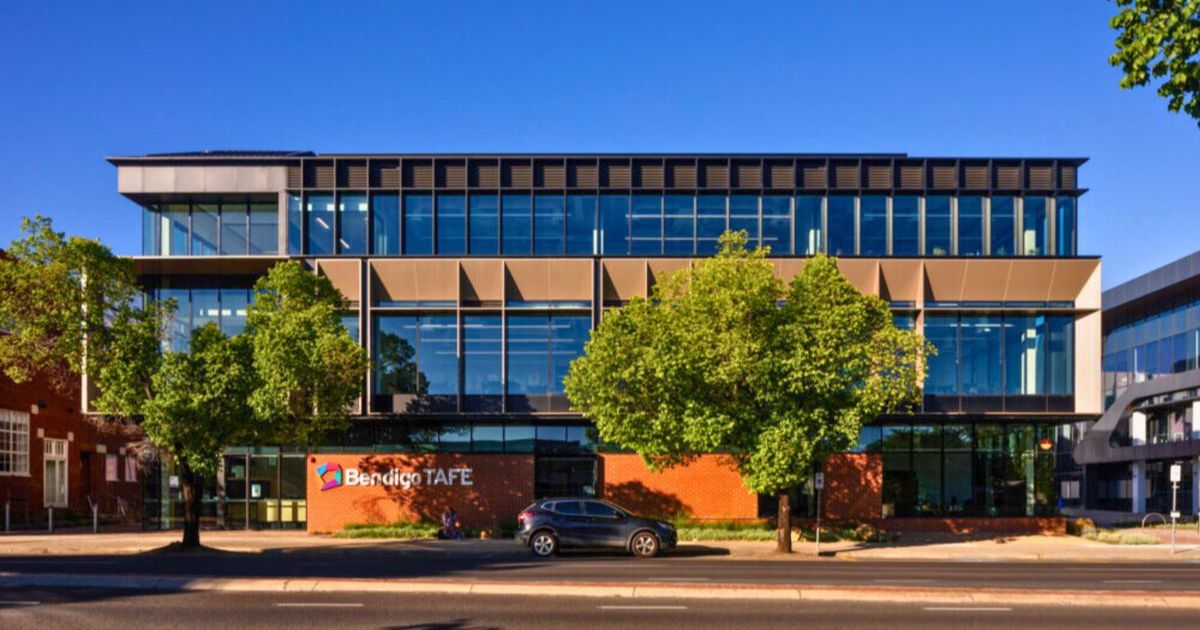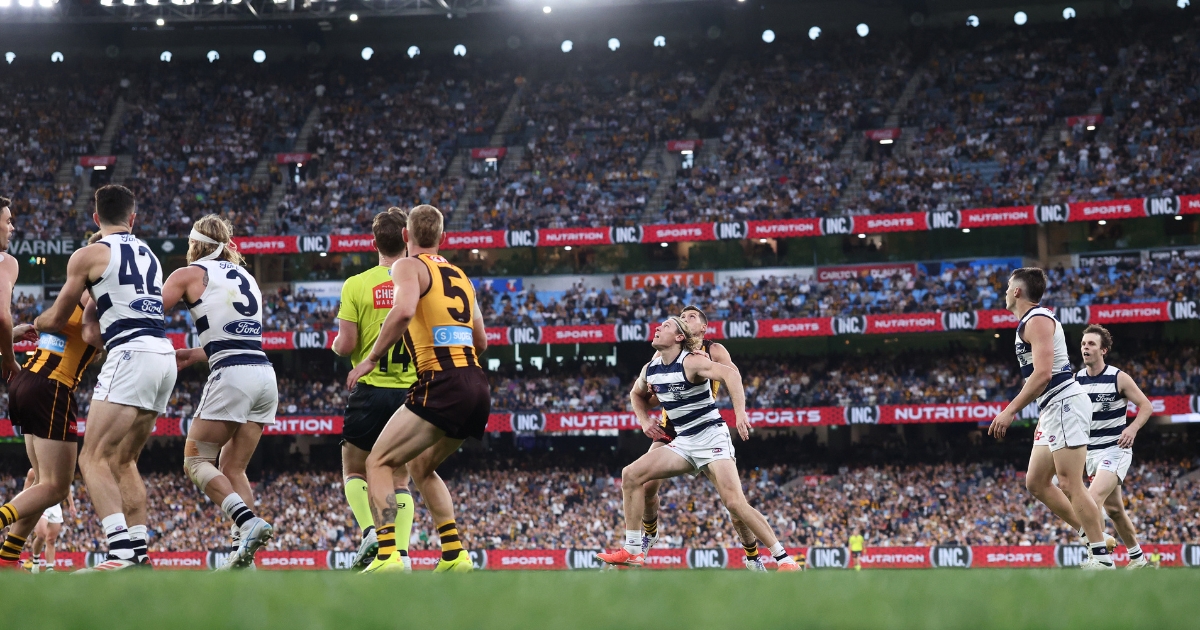Reserves remain native refuges with help from BEN
WITH a funding boost from the Golden Plains Shire, the Ballarat Environment Network will coordinate a contractor to install stockproof fencing at Walls Lagoon.
As part of the Community Strengthening Grants Program’s environment and sustainability category, BEN is receiving $8000 to repair fences and gates at various reserves in the region.
But BEN chair, Peter Noble said the main expense will be the fence surrounding Walls Lagoon, a 2.3-hectare grassy woodlands reserve on the northern side of the highway in Teesdale.
It’s currently surrounded by old posts, wire, and degraded, holey netting, but this perimeter is in need of an upgrade to securely hold stock and reduce the likelihood of fire.
“It is a grassland that is worth keeping, but it has two major threats. The first is its own biomass that keeps building up, and the other is its risk to the local community; its fuel,” Mr Noble said.
The reserve has been slashed to minimise risk, but it’s a costly exercise that doesn’t improve “grassland community” health. BEN can’t manage the biomass with fire as there’s no protection of assets to the east of the reserve.
“The established program that Golden Plains have implemented is crash-grazing, where in mid-to-late spring, a local farmer brings sheep in to deal with the fire risk and the biomass.
“The weed species that have already pushed up their seed shoots are grazed by the sheep,” he said.
“When the sheep are taken off…the biomass is thinned out, the weeds and the weed seed stock have been taken out and the indigenous species are free to sow their seed…so it’s a really optimum plan for managing that grassland.”
BEN was first established in 1993, and works in 2020 to monitor, report on, assess and manage threats to 51 crown land reserves across the region.
“The threats are weeds, people, antisocial behaviour, misuse of crown land, and biomass, which chokes diversity, as indigenous grasslands aren’t managed as they might have been 200 years ago, and prior.
“Forests are getting cleared for housing, grasslands get roads put in and houses built, so our reserves are important as a tiny remnant of a declining community,” Mr Noble said.
“We were with a DELWP works crew at a reserve recently, standing amongst a grassland community that is millions of years old, and that’s what we’re protecting; the native, indigenous value.”
BEN looks after 1000 hectares, considering Bannockburn Bushland Reserve, Illabrook Rail Reserve, Skipton Common and Mullawallah Wetlands some of their most significant.
“They all have their own intrinsic, established value, so we don’t have to go planting indigenous species. They’ve already got their intact veg communities that are high quality,” Mr Noble said.
BEN business manager, Emily Noble said many native habitats have already been lost with progress. Monitoring and protecting reserves ensure many species of flora and fauna do not become extinct.
“They’re important habitats, refuges, stepping stones… and the better condition we can keep them in, the better they can sustain the life within them, from plants to frogs, reptiles and insects,” she said.
“All of which are crucial, and a lot of the surrounding agriculture relies on those things.”
Visit facebook.com/BallaratBEN or email [email protected] for more information. BEN is separate to Landcare groups.



















